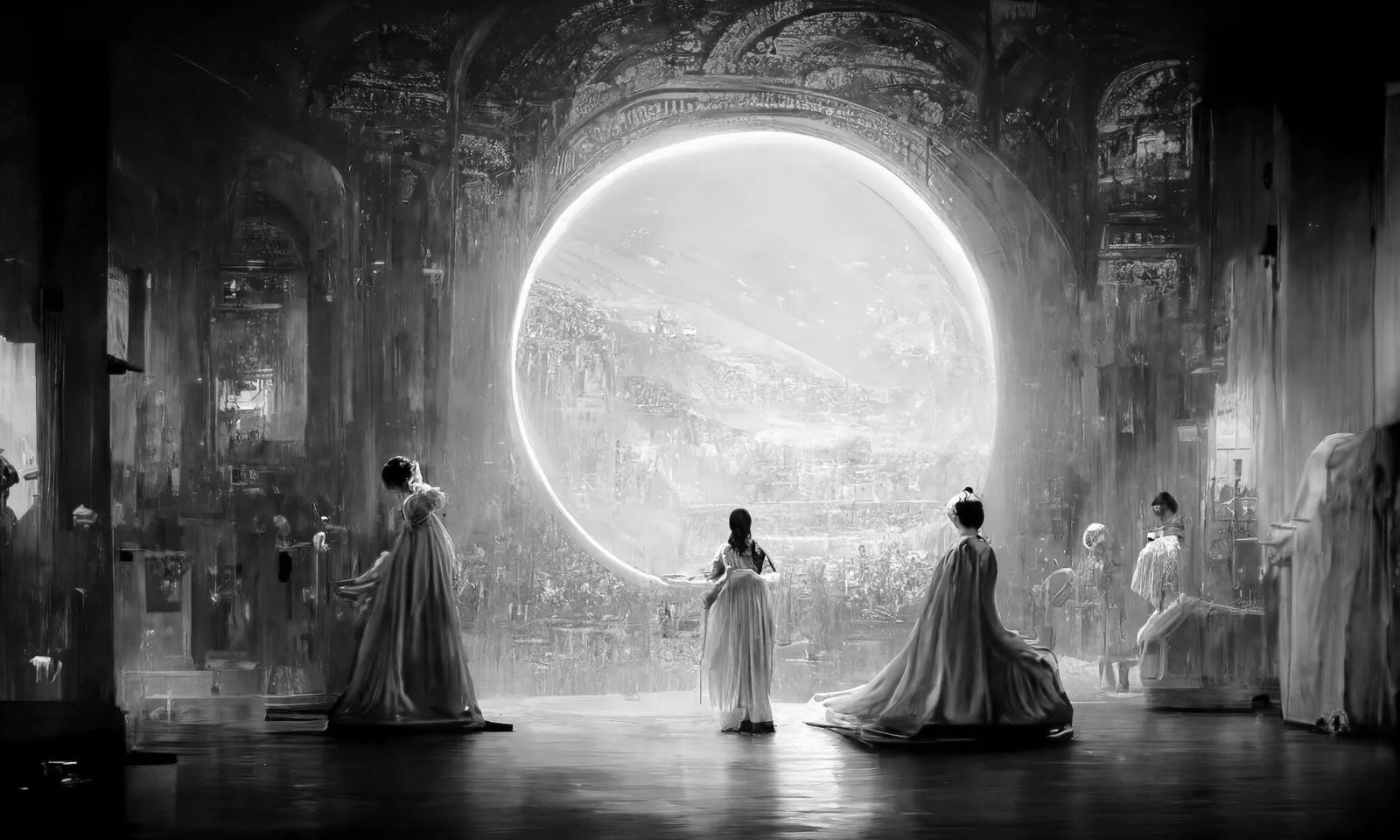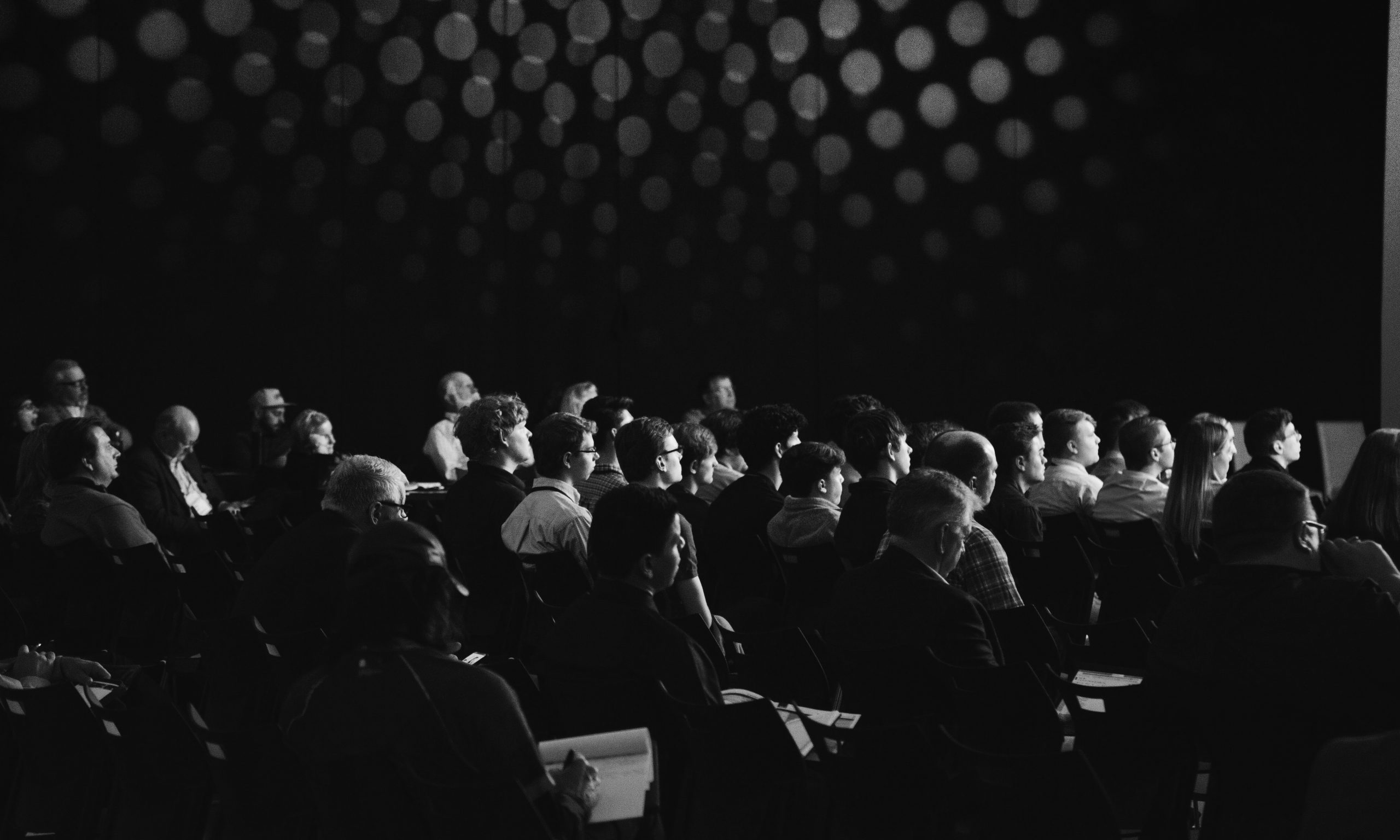Can Artificial Intelligence be granted Autorship?
The U.S. Copyright Office has once again denied the registration of an artwork created by artificial intelligence. Artist Jason M. Allen was unsuccessful in his second attempt to register the artwork “Theatre D’opera Spatial” as a copyrighted work because it contains more than a de minimis amount of content generated by artificial intelligence (AI).
The decision raises fundamental questions about copyright law, such as the definition of the author and the characteristics of the creative process leading to the creation of a work that enjoys copyright protection. The Office explained that the artwork, created using the Midjourney Image program and regardless of the fact that the applicant’s input amounted to more than 600 commands (known as “prompts”), is not the result of human creativity. However, the Office did not rule out the possibility of recognizing copyright rights to an individual creator of such a result – the applicant would thus have to limit his claim to those elements of the work that reflect the human creative process and not those parts generated and performed by AI.
Clearly, this decision will significantly influence the understanding of the necessary (creative) role of a human in the creation of AI-generated work. These requirements differ across legal systems and are more precisely described in the contribution by Maja Bogataj Jančič in the monograph “Pravo in umetna inteligenca: vprašanje etike, človekovih pravic in družbene škode”, published in 2021 by the Institute for Criminology at the Faculty of Law in Ljubljana.
The 4th Open Knowledge Day took place on Tuesday 17 October 2023, with an accompanying workshop on 18 October 2023. This year it was organised by the Open Data and Intellectual Property Institute (ODIPI) and supported by Knowledge Rights 21 (KR21).
We invite you to the fourth Open Knowledge Day and the workshop, which will take place this year within the framework of the programme and with the support of Knowledge Rights 21. The event will bring together experts from different European countries to discuss two topics: the first part will deal with the legal basis for data analytics, which is a key part of machine learning and related artificial intelligence, and the general exception for research. In the second part, open science in theory and practice will be presented both in Slovenia and in some Western Balkan countries. Representatives of research and educational institutions from Slovenia and the Western Balkan countries, as well as interested members of the public, are invited to attend.
Dr. Maja Bogataj Jančič, a renowned expert in copyright law, has joined the Berkman Klein Center for Internet & Society at Harvard University, where she will serve as an affiliate researcher for the next two years.
On Friday, October 6, 2023, the online seminar “Practical Experiences in Resolving Copyrights of Modern Book Works” took place. The seminar addressed relevant questions concerning user access to literary works in digital form.





